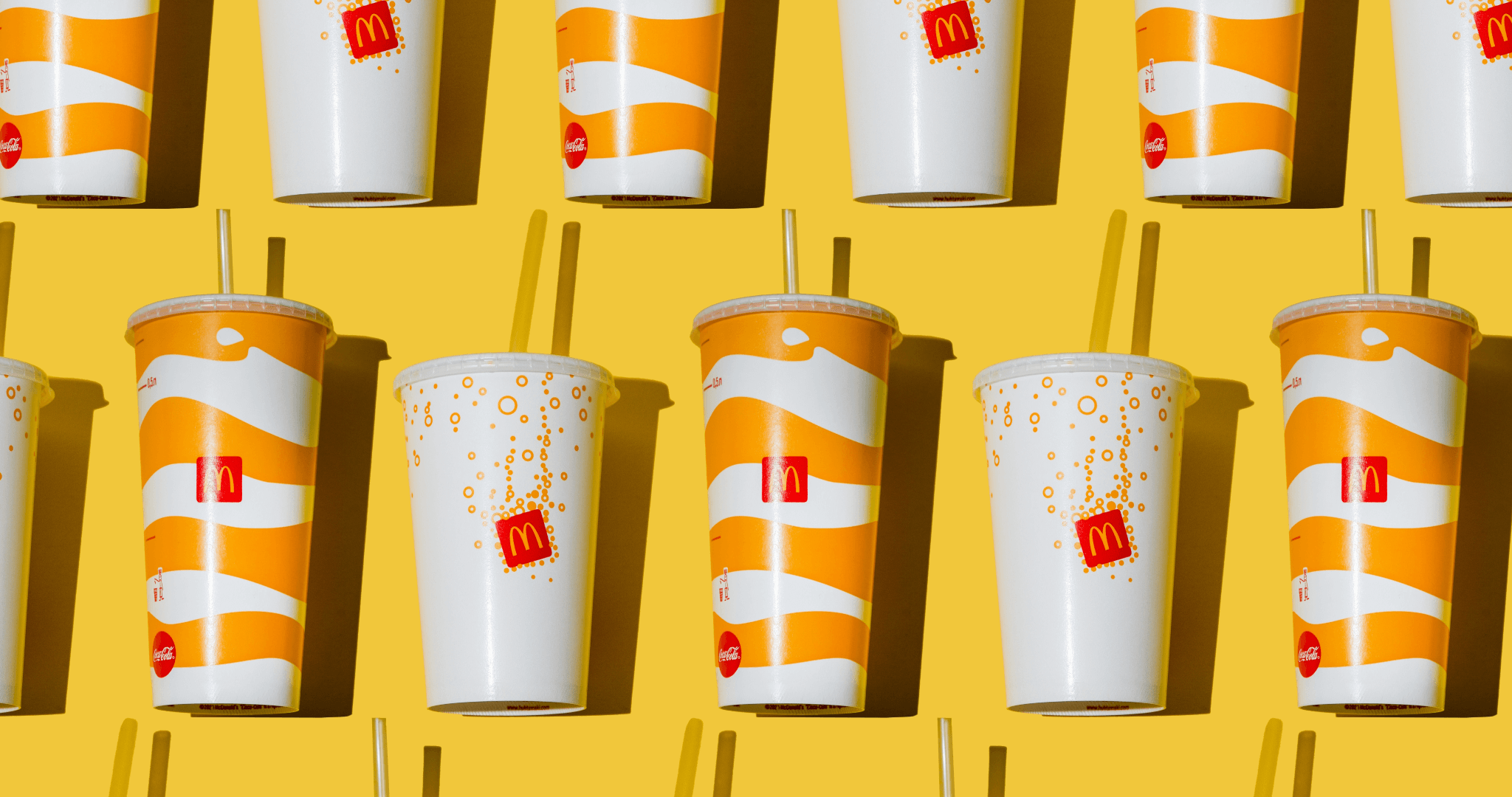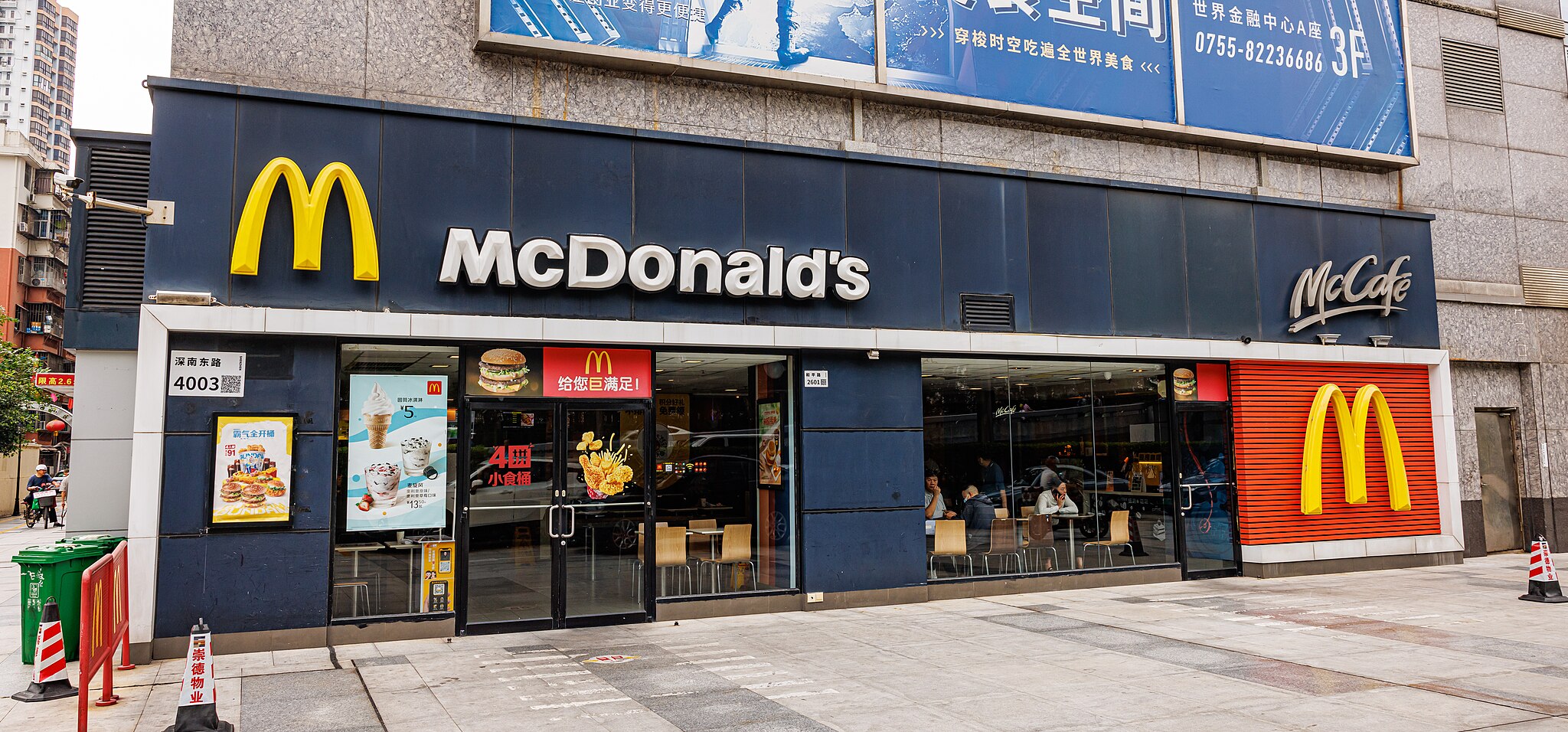Frozen Out: The Inside Scoop on McDonald's Ice Cream Machine Controversy
Posted by Emily on 20th Dec 2023 Reading Time:
The saga of McDonald's ice cream machines, notorious for their frequent breakdowns, took a dramatic turn with the entry of Kytch, a small startup that aimed to revolutionise the way these machines operate. This story, unfolding over the past three years, has become a compelling case study in innovation, corporate power dynamics, and legal intricacies.
Dinkun Chen, CC BY-SA 4.0, via Wikimedia Commons
Kytch's solution was a device that promised to end the incessant breakdowns of McDonald's soft-serve machines manufactured by equipment partner Taylor. The startup's technology, an internet-connected gadget, was designed to attach to these machines, offering real-time diagnostics and operational monitoring. This was a game-changer for McDonald's franchisees, who had long been tormented by the machines' unreliability - a problem so pervasive it spawned memes and social media ridicule.
However, the narrative took a sharp turn when McDonald's, in November 2020, sent a communication to its franchisees labelling the Kytch device as a safety hazard.
The email stated that the Kytch gadget " allows complete access to all aspects of the equipment's controller and confidential data" - meaning Taylor's and McDonald's data, not the restaurant owners' data; that it "creates a potential very serious safety risk for the crew or technician attempting to clean or repair the machine"; and finally, that it could cause "serious human injury." The email concluded with a warning in italics and bold: "McDonald's strongly recommends that you remove the Kytch device from all machines and discontinue use."
At the heart of Kytch's allegations is a controversial email from Timothy FitzGerald, CEO of Taylor's parent company, Middleby. Dated October 17, 2020, FitzGerald wrote: "Not sure if there is anything we can do to slow up the franchise community on the other solution. Not sure what communication from either McD or Midd can or will go out." This email, Kytch argues, indicates a deliberate effort to stifle Kytch as a competitor under the guise of safety concerns.
Regarding these developments, Jeremy O'Sullivan, Kytch co-founder, stated, "I t's the smoking gun. He's plotting our demise." O'Sullivan's stance reflects a deep sense of betrayal. It highlights the startup's conviction that the email was part of a concerted effort to undermine them.
In contrast, McDonald's and Taylor maintain a different narrative. In a statement, a spokesperson from Middleby contested Kytch's interpretation of the internal emails, asserting, " McDonald's decided to issue the November 2020 field brief on its own accord, not at Middleby or Taylor's direction."
A McDonald's franchise owner, known on X (formerly Twitter) as McFranchisee, adds a valuable perspective to this complex story.
McFranchisee, who has firsthand experience with the Taylor machines and Kytch's solution, shared, "The introduction of Kytch was like a ray of hope. It was not just about fixing a machine; it was about enhancing our operational efficiency and customer satisfaction. The sudden warning against it was both surprising and disappointing. We were back to square one, dealing with frequent breakdowns and customer complaints." on top of this, McFranchisee also criticised Kytch, claiming that the startup's failure was due to its own reliability problems and an increase in its prices, not a Taylor or McDonald's conspiracy against them.)
Amidst this backdrop of allegations and counter-allegations is the ongoing issue of McDonald's ice cream machines. Websites like McBroken highlight the scale of the problem, with a significant percentage of McDonald's outlets frequently experiencing machine downtime. Taylor's development of its own internet-connected ice cream machine, which McDonald's recommended in the same email warning against Kytch, has yet to fully materialise in restaurants, continuing the saga of malfunctioning machines.

Kytch's legal fight against McDonald's, seeking $900 million in damages, is emblematic of small innovators' challenges in a landscape dominated by established players. This lawsuit and the personal testimonies emerging from it shed light on the complexities of innovation, competition, and corporate ethics in the modern business world.
As this legal drama unfolds, it exposes the undercurrents of power, innovation, and strategy in the fast-food industry. The McDonald's ice cream machine debacle, initially a mere operational hiccup, has evolved into a significant narrative about the struggles between big corporations and small innovators, highlighting the intricacies and challenges of fostering innovation in a competitive corporate environment.


